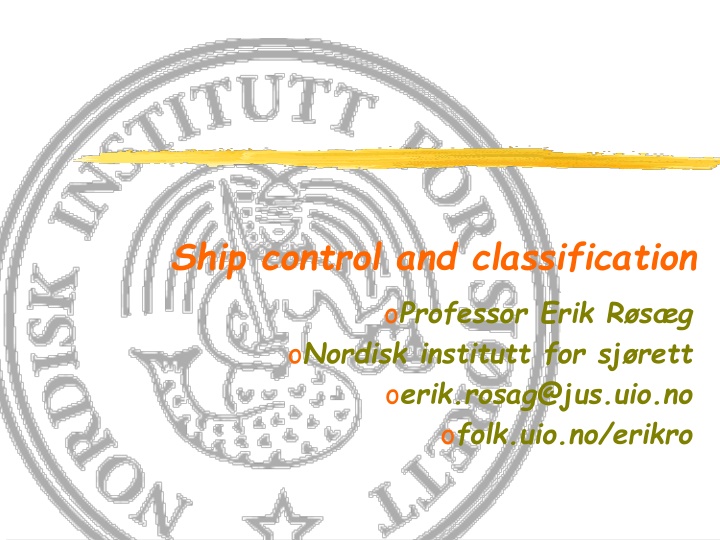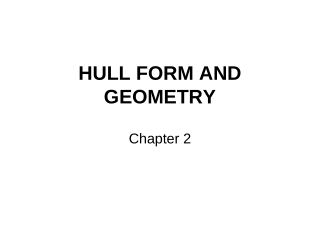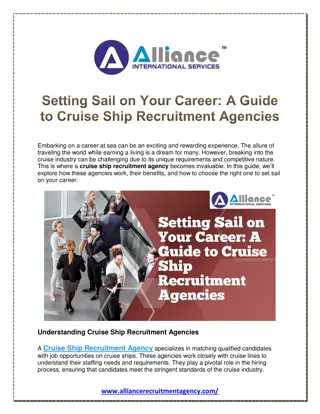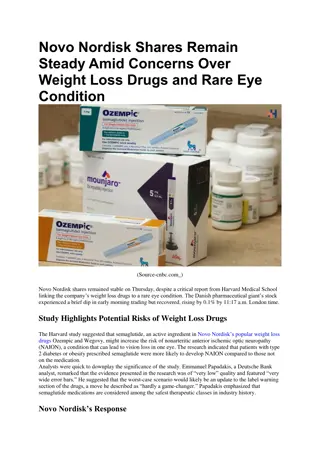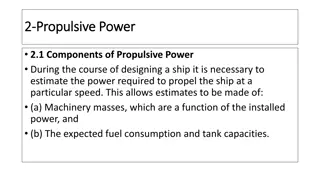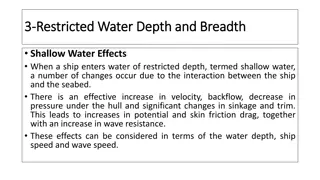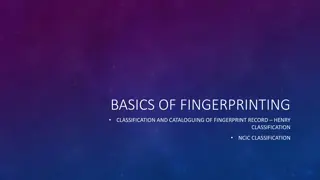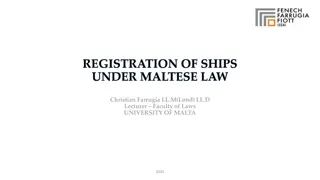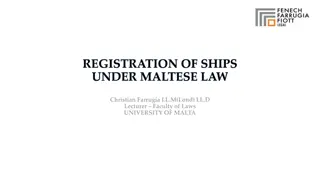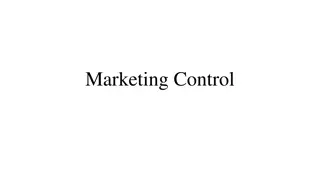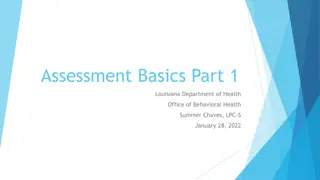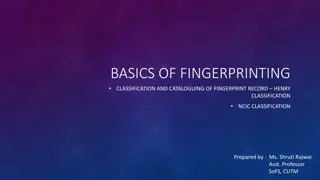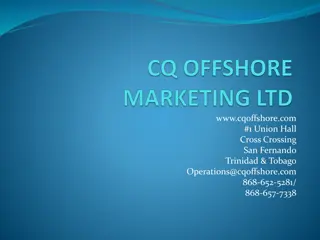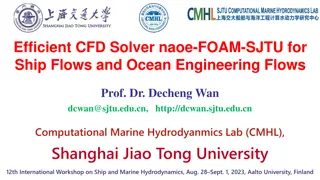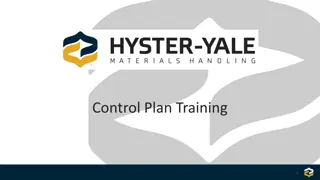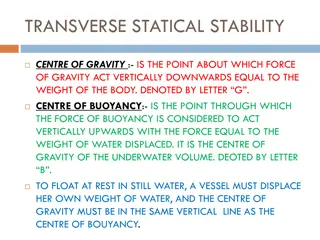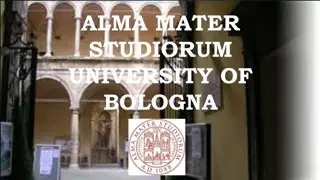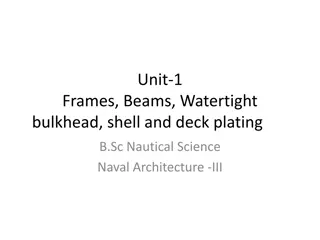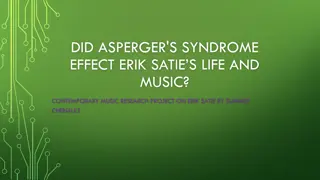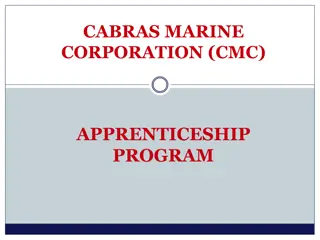Ship Control and Classification: Professor Erik R.S.G. from Nordisk institutt for sjørett
Explore various aspects of ship control and classification through the expertise of Professor Erik R.S.G from the Nordisk institutt for sjørett, covering topics such as SOLAS regulations, protective coatings, Ballast Water Convention, EU initiatives, classification societies, relationships with public authorities, and flags of convenience.
Download Presentation

Please find below an Image/Link to download the presentation.
The content on the website is provided AS IS for your information and personal use only. It may not be sold, licensed, or shared on other websites without obtaining consent from the author.If you encounter any issues during the download, it is possible that the publisher has removed the file from their server.
You are allowed to download the files provided on this website for personal or commercial use, subject to the condition that they are used lawfully. All files are the property of their respective owners.
The content on the website is provided AS IS for your information and personal use only. It may not be sold, licensed, or shared on other websites without obtaining consent from the author.
E N D
Presentation Transcript
Ship control and classification oProfessor Erik R s g oNordisk institutt for sj rett oerik.rosag@jus.uio.no ofolk.uio.no/erikro
Some basic instruments o SOLAS o Torremolinos Convention o Marpol o Load Lines o STCW o ISPS o Paris Memorandum o ISM Code 3
Some general remarks on conventions o Tacit amendment o Grandfather clauses 4
SOLAS Regulation 3-2 Protective coatings of dedicated seawater ballast tanks in all types of ships and double-side skin spaces of bulk carriers 1 Paragraphs 2 and 4 of this regulation shall apply to ships of not less than 500 gross tonnage: .1 for which the building contract is placed on or after 1 July 2008; or .2 in the absence of a building contract, the keels of which are laid or which are at a similar stage of construction on or after 1 January 2009; or .3 the delivery of which is on or after 1 July 2012. 5
Ballast Water Convention Art. 9 1 A ship to which this Convention applies may, in any port or offshore terminal of another Party, be subject to inspection by officers duly authorized by that Party for the purpose of determining whether the ship is in compliance with this Convention. Except as provided in paragraph 2 of this Article, any such inspection is limited to: (a) verifying that there is onboard a valid Certificate, which, if valid shall be accepted; and (b) inspection of the Ballast Water record book, and/or (c) a sampling of the ship.s Ballast Water, carried out in accordance with the guidelines to be developed by the Organization. However, the time required to analyse the samples shall not be used as a basis for unduly delaying the operation, movement or departure of the ship. 2 Where a ship does not carry a valid Certificate or there are clear grounds for believing that: (a) the condition of the ship or its equipment does not correspond substantially with the particulars of the Certificate; or (b) the master or the crew are not familiar with essential shipboard procedures relating to Ballast Water Management, or have not implemented such procedures; a detailed inspection may be carried out. 6
EU and EMSA o Erika packages o EU initiatives 7
Classification o Classification societies o Relationship to public authorities o Liability 8
Flags of Convenience o The issue o Safety culture? 9
Safety as a contractual term o Shipbuiding o Charterparties o Etc o Amended rules 10
Ship Safety Act o NMD o Responsible party o Investigation Board o Police 11
Sanctions o Administrative sanctions o Penal sanctions o Personal o Company o Forfeiture 12
Dangerous cargoes o The problem o Safety rules o Reporting 13
Port State Control o The basic principle o Host state control o Port of emergency o Ports of refuge o Creeping jurisdiction o GHG 14
Offshore safety o UNCLOS jurisdiction o National jurisdiction o Some observations of safety systems and cultures 15
